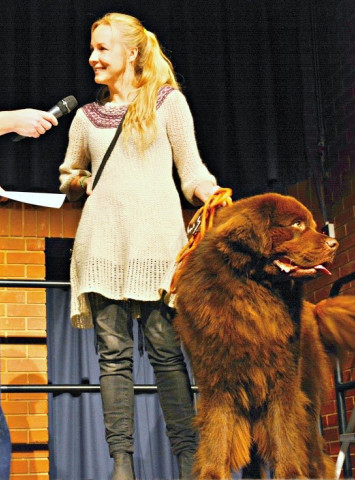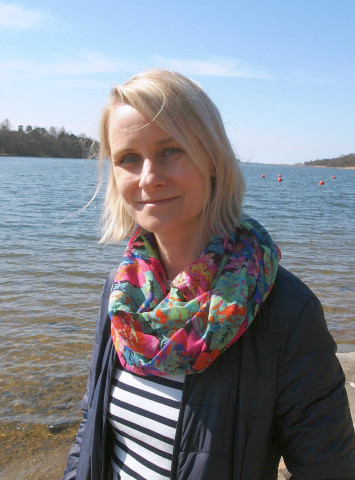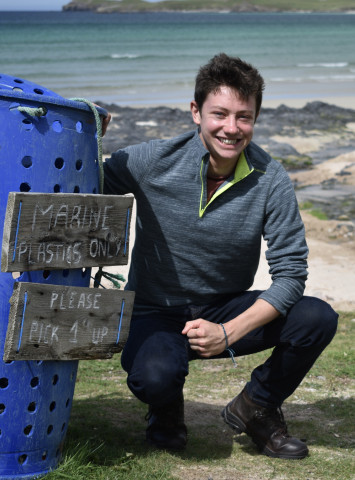Group Members
Virpi Lummaa
Professor
Principal investigator
I recently held an Academy of Finland Professorship at the University of Turku, Finland to study natural selection in contemporary human populations. I am keen to investigate how the modern environment itself fuels human evolution and how demographic shifts to low birth and death rates affect the opportunity for selection or specific trait selection. My group uses longitudinal demographic data from Finland spanning 350 years and 15 generations to look at how the strength and direction of selection on key fitness traits may have changed with the modernisation of societies. I also held an ERC Consolidator grant to study senescence patterns in another long-lived mammal, the Asian elephant - see The Myanmar Timber Elephant Project for details.
Funding: Academy of Finland 292368: 2016-2021; ERC-2014-CoG 648766: 2016-2021
Contact: virpi.lummaa (at) utu.fi


Mirkka Lahdenperä
PhD, Researcher
Research interests: My research interests have been mainly focused on evolutionary benefits and conflicts of family living in humans (PhD thesis) and currently in Asian elephants. I am especially interested in the relationship between longevity and fitness and the inter-generational effects on these traits. My current research combines previous expertise on co-operative breeding in humans with examining the longitudinal dataset on Asian elephants from Myanmar. The study provides an opportunity to compare evolution of life-history traits in humans and elephants sharing many similarities such as long lifespan, high cognitive abilities, long offspring dependency and social groups containing several generations of breeders. Currently I’m also collaborating to clarify the benefits and costs of family living in pre-industrial Eastern Finnish families.
Starting in March 2020, I moved to work in the Department of Public Health at the University of Turku. Currently I work in the NetResilience Project.
Contact: mirkka.lahdenpera (at) utu.fi


Aïda Nitsch
PhD, Post Doctoral Researcher
Research interests: I am a behavioural ecologist and my research mainly aimed at understanding the evolutionary outcomes of family characteristics and how it could lead to different fitness maximizing strategies between family members. For instance, I investigated how having elder siblings was linked to differences in survival, reproductive success or dispersal decisions.
My current project at the University of Turku lies in the field of historical epidemiology and focuses on the spread of smallpox in Nordic countries during the 18th and 19th centuries. More specifically, this project will characterize the epidemiological dynamics of smallpox, map out its spread across Nordic countries and investigate how migration could modulate these dynamics.
Funding: Nordforsk; project Nordemics. Profi7-funding
Contact: aida.nitsch (at) utu.fi

Susanna Ukonaho
MSc, PhD student
Research interests: My current research investigates how vaccination and vaccination refusal affect the prevalence of disease epidemics and survival. For studying the effects of vaccination before public healthcare, I use 200 year Finnish vaccination records on the first vaccination campaign against smallpox. Thus far, smallpox remains the only successfully eradicated infectious disease and identifying its epidemiological characteristics can help to improve the effectiveness of vaccination and fight the spread of other infectious diseases.
I have also worked with Academy Professor Lummaa and the Myanmar Timber Elephant Project (MTEP) for my MSc project at the University of Turku, Finland.
Funding: Doctoral Programme in Biology, Geography and Geology (BGG)
ORCID ID: 0000-0003-1085-1549
Contact: susanna.s.ukonaho (at) utu.fi


Jenni Kauppi
Siiri Aalto
Euan Young
MSc, PhD student
Research interests: My current research is investigating senescence, examining why we age and why some of us age faster than others? I am based at the University of Groningen, NL, and to explore these questions I am combining the Finnish dataset with another historical dataset of humans from the Swiss canton of Glarus. In particular, I will be using a quantitative genetics framework to examine the life history trade-offs underlying senescence; the interaction of genetic and environmental factors on senescence patterns; and how these changed across the demographic transition.
I also recently completed an MSc in evolutionary and behavioural ecology from the University of Exeter, UK.
Contact: e.a.young@rug.nl


Anne Hemmi
PhD, Research Coordinator
Project Management
Contact: hemmi (at) utu.fi



